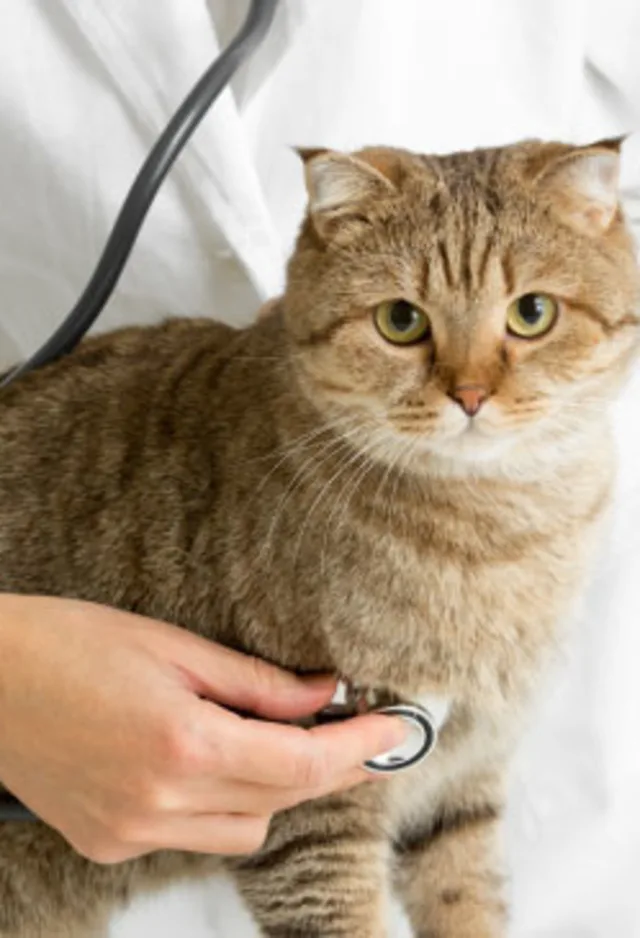Friendship Veterinary Center


Your Pet, Our Priority
Compassionate veterinary care
The best veterinary care in your community. Book with us today.



Your Pet, Our Priority
Compassionate veterinary care
The best veterinary care in your community. Book with us today.



Your Pet, Our Priority
Compassionate veterinary care
The best veterinary care in your community. Book with us today.


Welcome to Friendship Veterinary Center
PROUDLY SERVING THE PETS AND PET OWNERS IN THE COMMUNITY OF LAUREL, MT
Friendship Veterinary Center is a full-service veterinary medical facility, located in Laurel, MT. Our professional and courteous staff seeks to provide the best possible medical care, surgical care, and dental care for the animals in your family.
Client Reviews & Testimonials
We value our clients’ experience at Friendship Veterinary Center. Here’s what some of your neighbors are saying about us.





